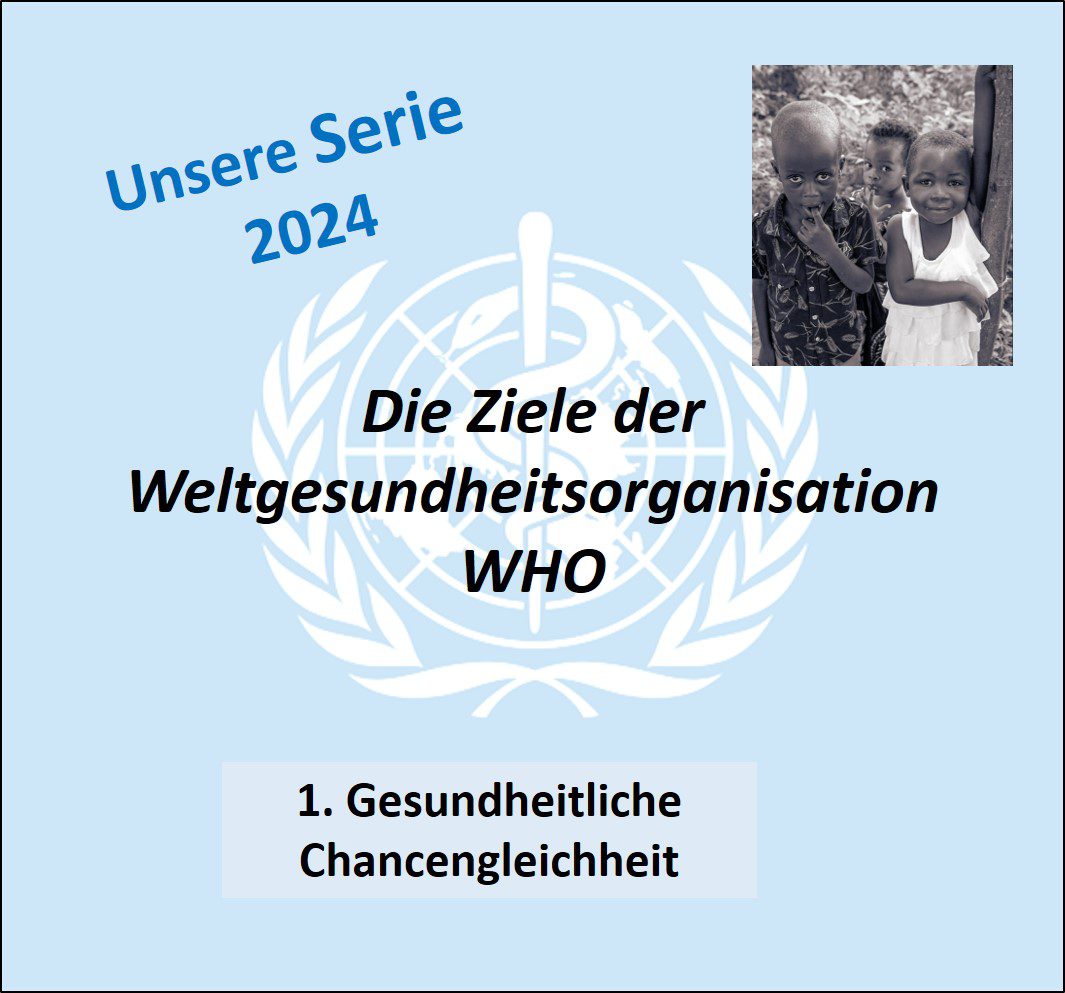Equal opportunities - a big word! If you look it up in the dictionary, you get the explanation "noun, feminine; equal educational and career opportunities for all regardless of origin and social circumstances". A simple explanation with enormous content and an almost unattainable goal even in the narrower context. So it is not surprising that the children of the neighbor who has the financial means for expensive tutoring have an easier path ahead of them than those who have to turn over every cent. If you look at the whole thing nationally or even globally, you come across such different social conditions that equality of opportunity does not seem possible.
If you now relate it to health, the meaning becomes even more complex; life situations in our world are simply so extremely different that there is no equality of opportunity in terms of health.
In 2021, the World Health Organization (WHO) has therefore launched an entire campaign under the motto "Building a fairer, healthier world" with a focus on health equity. In its status report, it identifies the five main criteria for inequality. The percentage was also calculated:
- Income security and social protection: 35 percent of health inequality.
- Living conditions such as housing and green spaces: 29 percent of health inequality.
- Social and human capital such as trust in others, education and the extent of isolation: 19 percent of health inequality.
- Access and quality of health services: 10 percent of health inequality.
- Employment and working conditions: 7 percent of health inequality.
As a result of the campaign, various organizations and associations have launched initiatives to reduce inequality and the WHO has made it one of its ten goals. Naturally, equal health opportunities are also a top priority for us. With our floating clinic "Polli" in Myanmar(link) or the mobile practices of the "Street Doctors" in Bolivia, we can improve access to and the quality of healthcare services for a few more people every day. Through programs such as the "Gardening Project" in Tanzania, financed by 24 Good Deeds(link), we are also creating more income security for many families in the village of Nyangao.
We are delighted and a little proud to be able to contribute to one of the WHO's ten ambitious goals. Over the course of the year, we will also be highlighting the other goals as part of our 2024 series of articles.



